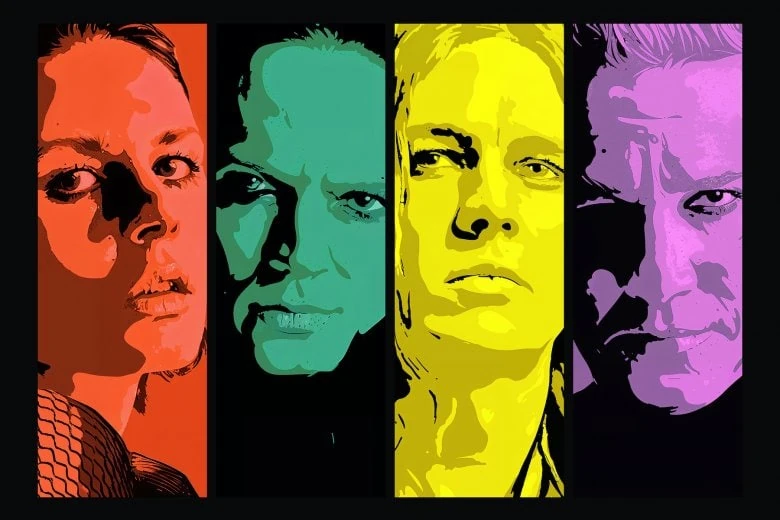
Satan has put the city folk under his spell, awakened the dead, and thrown a party. In the end, love and friendship will triumph over all totalitarian and evil forces. However, this can only be after death. Bulgakov continues to pose pertinent questions – why doesn't atheism work, why are there always multiple truths? His writing remains relevant, current, and adept at exposing, seam by seam, the flaws in our postnormal times. To this day, "The Master and Margarita" entraps the readers of the novel: you may enter it with ease, yet you may never leave.
What do you do when the Devil himself visits the city? Should you beg and plead for mercy? The people of Bulgakov's novel don't. To them, the Devil's arrival means an opportunity for personal gain and social ascent, some even hope for a raise or a bigger apartment. They suspect each other of collaboration, obsequiousness, and absolute opportunism. And isn't that indeed very human? Life turns into a petty workplace power struggle where no one believes in anything higher than power. The only thing everyone can agree on is that there is no God.
This work embodies the unapologetic creative joy of a genius and his resentment toward a world where the only defence against bureaucrats and opportunists is a refined culture of thought. It has always been a universal weapon against the erosion of genuine human relationships – and such remains the case, although today mere words no longer suffice.
Based on Mikhail Bulgakov. Theatrical adaptation and direction by Tiit Ojasoo and Ene-Liis Semper.
Performance in Latvian with English surtitles.